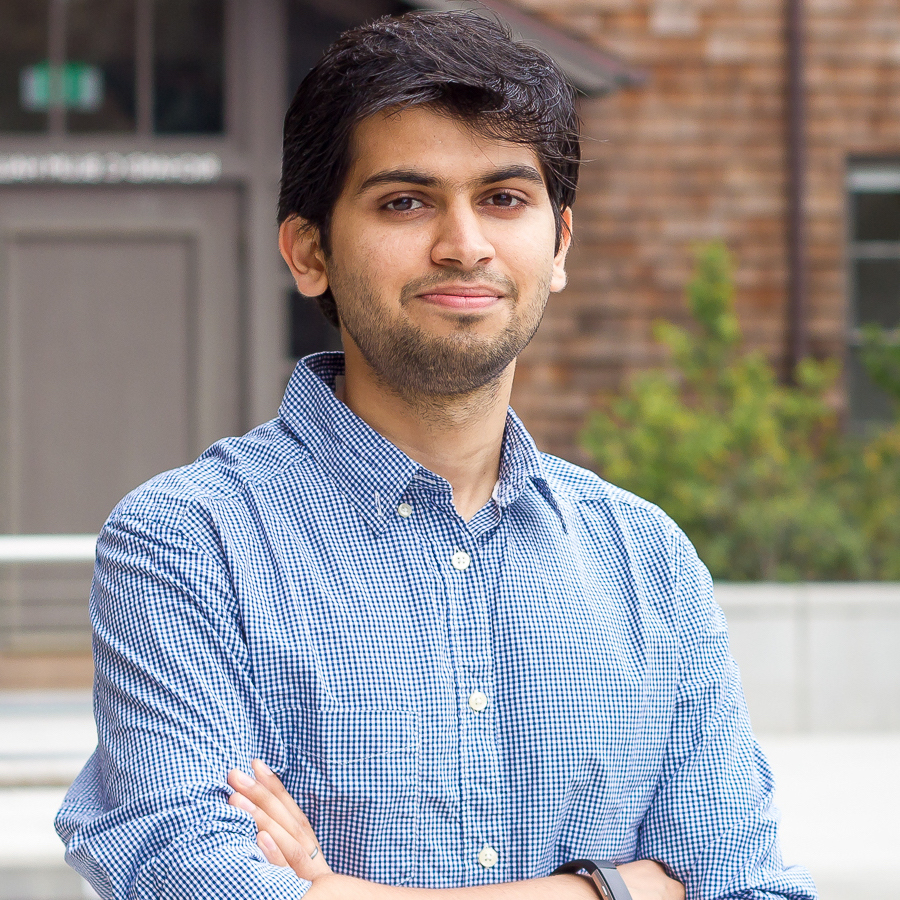
Computational Self-Directed Learning
Description
Generalization, i.e., the ability to adapt to novel scenarios, is the hallmark of human intelligence. While we have systems that excel at cleaning floors, playing complex games and occasionally beating humans, they are incredibly specific in that they only perform the tasks they are trained for and are miserable at generalization. One of the fundamental reason is that, unlike humans, most of these artificial agents start tabula-rasa without any prior knowledge and learn only towards a fixed goal. In this talk, inspired by the work in developmental psychology, I will present a computational framework to learn priors as well as skills in artificial agents to endow them with a human-like ability to generalize in diverse scenarios. The main insight is to first allow the agent to learn general-purpose skills in a completely self-directed manner, without optimizing for any external goal. These skills are then later repurposed to perform complex tasks. I will discuss how this framework can be instantiated to develop object-centric representations and curiosity-driven agents (virtual as well as real) that can learn to play games, learn to walk, and learn to perform real-world object manipulation without any rewards or supervision. These self-directed agents, after exploring the environment, can generalize to find their way in office environments, tie knots using rope, and compose their skills in a modular fashion.
Speaker Bio
Deepak Pathak is a Ph.D. candidate in Computer Science at UC Berkeley, advised by Prof. Trevor Darrell and Prof. Alexei A. Efros. His research spans computer vision, machine learning, and robotics. Deepak is a recipient of the Facebook Graduate Fellowship, the NVIDIA Fellowship, and the Snapchat Fellowship, and his research has been featured in popular press outlets, including The Wall Street Journal, The Economist, Quanta Magazine, Wired, and MIT Technology Review. Deepak received his Bachelor's in Computer Science from IIT Kanpur and was a recipient of the Gold Medal and the best undergraduate thesis award. He has also spent time at Facebook, Microsoft and founded VisageMap Inc. which was later acquired by FaceFirst Inc.
For papers and open-sourced code see: https://people.eecs.berkeley.edu/~pathak/

